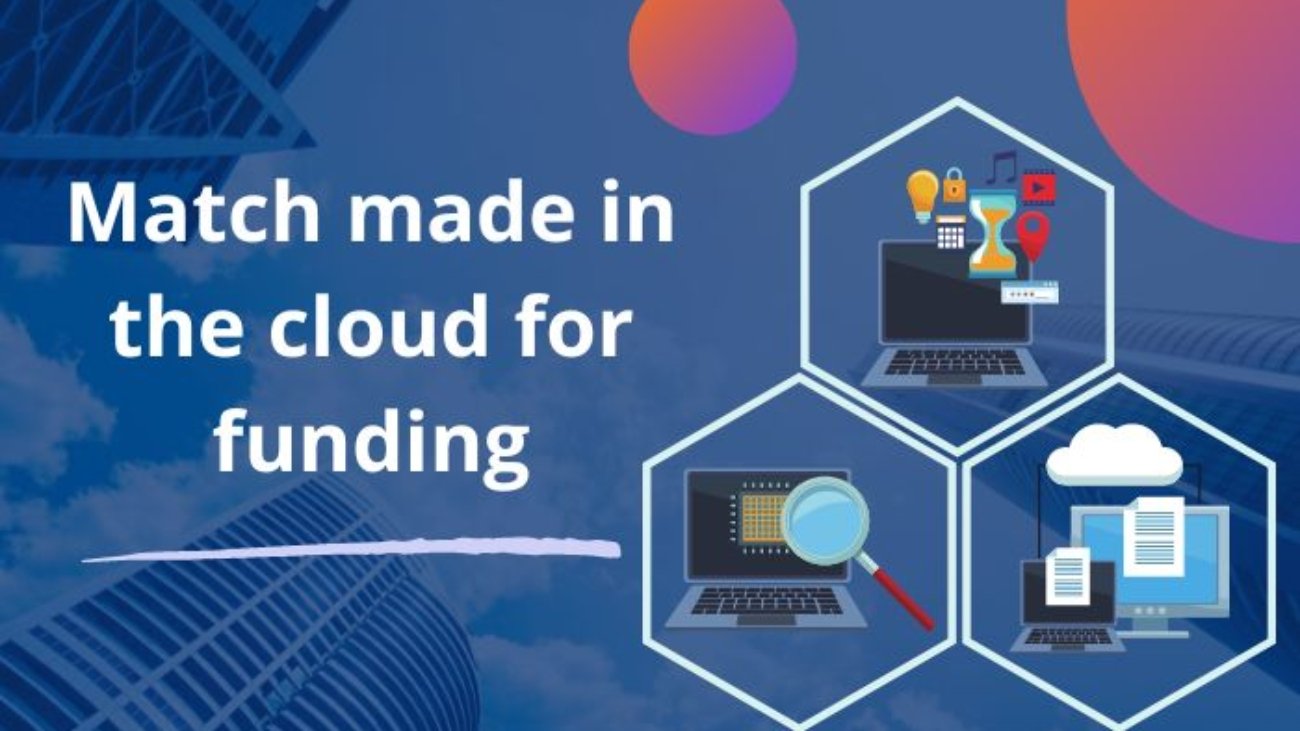Pharma Association has recently taken action against Pharmallama and Shark Tank for violating its norms. This has raised a lot of questions among investors who are wondering what this means for their investments. In this article, we will discuss the violation of Pharma Association norms by Pharmallama and Shark Tank, the potential consequences for investors, and what they need to know in order to protect their investments. We will also discuss how investors can take action if they feel that their investments have been affected by these violations.
What Are the Pharma Association Norms and How Were Pharmallama & Shark Tank in Violation?
The pharmaceutical industry is highly regulated and must adhere to a set of standards and norms. These include the rules of conduct, advertising regulations, and ethical guidelines that govern the production and distribution of pharmaceutical products. It is important for companies in the industry to be aware of these norms in order to ensure compliance with all applicable laws and regulations.
Pharmallama & Shark Tank were recently found to be in violation of some pharma association norms. This article will discuss what these norms are, how they were violated, and what steps can be taken to avoid similar violations in the future.
Impact of the Actions on Investors in Both Companies
The actions of a company have a direct impact on the investors in both companies. When one company takes an action, it can affect the other company’s stock price and financial performance. This is why it is important for investors to stay informed about the actions taken by both companies and make sure they are taking the right steps to maximize their investments.
Investors should also be aware of any potential risks associated with these actions, such as legal or regulatory implications, as well as any potential rewards that could result from them. By understanding how their investments may be affected by both companies’ actions, investors can make more informed decisions about their investments and ensure they are getting the most out of them.
The Role of Stakeholders in Ensuring Compliance with Pharma Association Norms
Stakeholders in the pharmaceutical industry have an important role to play in ensuring compliance with industry norms. They must ensure that all products, processes and services are compliant with the relevant regulations and standards set by pharma associations. This includes monitoring activities to ensure that safety, quality and efficacy standards are met throughout the supply chain. Stakeholders must also be aware of any changes in regulations or standards, as well as any new developments in technology or research that could affect compliance. In addition, stakeholders should provide guidance and support to their teams to ensure they understand the importance of compliance and can take appropriate actions when needed.
Key Points
- According to the South Chemists and Distributors Association, Pharmallama is repackaging medications without a government licence.
- On Shark Tank India, Pharmallama received a 2 Cr investment for 5% equity from all five investors.
- According to reports, e-commerce giant Flipkart is in advanced stages of negotiations to acquire the online pharmacy situated in Bangalore.
- An association of pharmaceutical wholesalers has cautioned the startup and all investors of legal repercussions days after epharmacy Pharmallama got investment from numerous investors on the television programme Shark Tank India.
- South Chemists and Distributors Association (SCDA) of Delhi said in a letter to the startup’s founders and the Health Ministry that Pharmallama’s operations are unlawful and had to be stopped right away for the good of the public.
- “By this letter, we are warning you against this misadventure of endangering the health of our citizens and violating the laws of our country by ceasing the current operations of your company Pharmallama, failing which we will have to take legal action in the Honorable High Courts of our country,” read the letter.
- The SCDA asserted in its letter that it is against Indian law to operate an online pharmacy. Also, there is currently no law in place in the nation that permits the repackaging of medications.
- Pharmallama is a company that ships medication to consumers in pre-sorted sachets. It was founded in 2020 by Deepesh Rajpal, Achintya Dayal, and Arjun Raghunandan. To make managing medications easier, the dosage and time of the medication are indicated on each packet.
- The five sharks from the reality programme, Anupam Mittal, Aman Gupta, Namita Thapar, Peyush Bansal, and Amit Jain, have invested INR 2 crore for 5% stake in the firm. Now that the association has threatened to file a lawsuit against the business, the investors, and another purported investor, Flipkart, all five sharks are feeling the heat.
- The SCDA claimed that “there is NO RULE under the Drugs & Cosmetics Act under which repacking of medications without original container/packing is authorised, dose-wise or otherwise, and will amount to the products being misbranded, adulterated, or spurious.”
- “Repackaging the drugs is literally risking the lives of our residents,” the letter said, “as it can result in contamination with filth, exposure to unsanitary circumstances, presence of poisons and hazardous substance(s), and reduced quality and strength that may make it harmful to health.”
- The group added that Pharmallama is repackaging medications without a permit from any government agency. The merchant body also claimed that Pharmallallma was operating in violation of a number of laws, including the Pharmaceutical Practice Regulation, the Medicines & Cosmetics Act of 1940, and the Drugs & Cosmetics Regulations of 1945.










